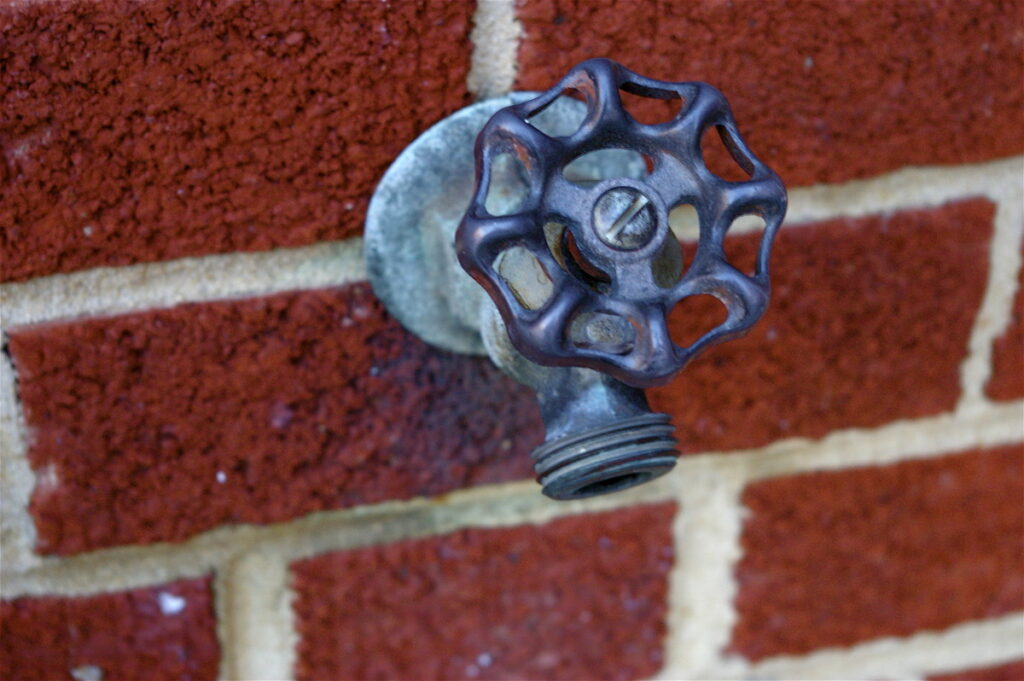
As winter approaches, protecting your exterior water spigots (also called hose bibs or outdoor faucets) from freezing is crucial. Frozen pipes can crack or burst, leading to expensive repairs and water damage. In this post, we will show you how to prevent these problems with simple, cost-effective solutions.
Why Spigot Protection Matters
When water freezes, it expands by about 9%. This expansion can create enormous pressure inside your pipes, leading to:
- Cracked or split pipes
- Broken valve stems
- Flooding when pipes thaw
- Costly emergency plumber visits
Step-by-Step Prevention
1. Drain the Lines
- Shut off the interior water valve supplying the outdoor spigot
- Open the outdoor spigot to drain remaining water
- Leave the spigot open slightly during winter
2. Remove Attachments
- Disconnect all hoses
- Remove splitters and timers
- Store these items indoors
3. Install Protection
- Cover exposed spigots with insulated covers
- Ensure covers are properly secured
- Check periodically throughout winter
Recommended Products
Basic Protection
- Foam Spigot Covers ($5-10)
- Easy to install
- Basic protection
- Good for mild climates
Mid-Range Options
- Insulated Spigot Covers ($10-20)
- Better insulation
- Durable construction
- Weather-resistant materials
Premium Protection
- Freeze-Proof Spigot Systems ($40-60)
- Permanent solution
- Self-draining design
- Professional installation recommended
Additional Tips
- Consider installing frost-free hose bibs for long-term protection
- Use pipe-heating cables for extremely cold climates
- Insulate pipes in unheated spaces like crawl spaces
- Mark outdoor shut-off valve locations for emergencies
When to Take Action
Install protection before the first freeze of the season, typically:
- Northern regions: Early October
- Mid-latitude regions: Late October
- Southern regions: Mid-November
Remember: The cost of prevention is minimal compared to repairing freeze damage, which can run hundreds or even thousands of dollars.
Emergency Measures
If you forget to protect your spigots and temperatures drop suddenly:
- Use a hair dryer to warm the spigot
- Apply heat tape temporarily
- Open cabinet doors if spigot is on an exterior wall
- Keep a small trickle of water flowing in extreme conditions
Stay proactive with your winter preparation, and you’ll avoid the headache and expense of frozen pipe repairs.